Anthony Joshua vs Kubrat Pulev has to happen, but a ‘Knockout in Nigeria’ would make for the perfect next fight
In the light of Wladimir Klitschko's sudden retirement, Joshua’s next two fights need some additional X Factor to keep his carefully assembled hype-train on track
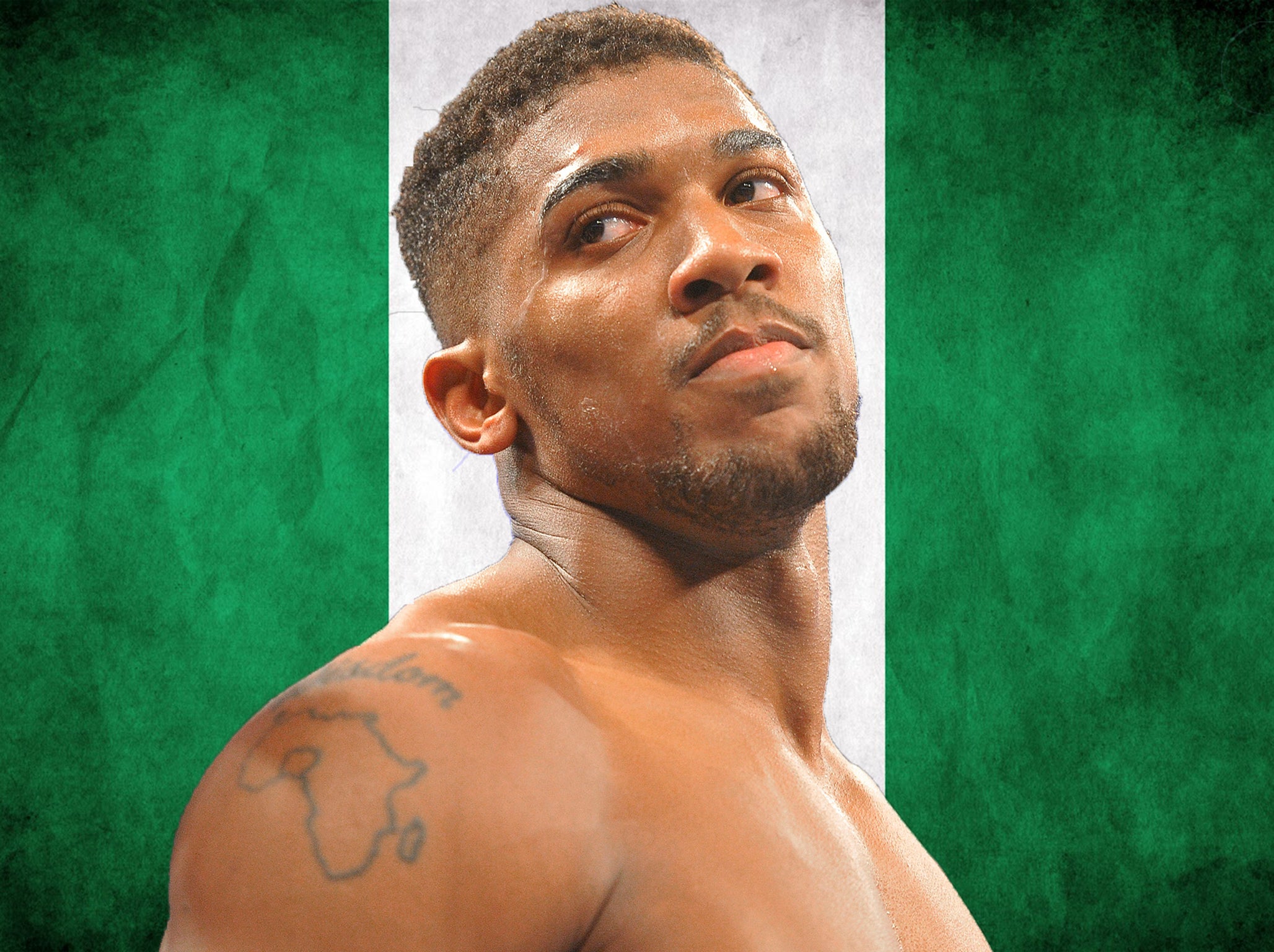
Your support helps us to tell the story
From reproductive rights to climate change to Big Tech, The Independent is on the ground when the story is developing. Whether it's investigating the financials of Elon Musk's pro-Trump PAC or producing our latest documentary, 'The A Word', which shines a light on the American women fighting for reproductive rights, we know how important it is to parse out the facts from the messaging.
At such a critical moment in US history, we need reporters on the ground. Your donation allows us to keep sending journalists to speak to both sides of the story.
The Independent is trusted by Americans across the entire political spectrum. And unlike many other quality news outlets, we choose not to lock Americans out of our reporting and analysis with paywalls. We believe quality journalism should be available to everyone, paid for by those who can afford it.
Your support makes all the difference.It’s testament to his enduring status that Wladimir Klitschko’s retirement came as a bit of a surprise. Considered past his peak when he stepped into the ring in April, the Ukrainian went life and death with Anthony Joshua and would have probably won the fight had Joshua’s 11th round uppercut not rendered both the judges, and Klitschko, redundant.
For Wladimir, he can now look back on a career that history will be kinder to than the present was. A great champion who beat everyone around him, his biggest flaw as a fighter was the sheer number of unworthy, and often enforced, opponents he fought during his decade-long reign. For Joshua, dealing with the mixed blessing of mandatory challenges is just about to begin.
While most boxing divisions have more titles than the House of Lords, the dominance of both Wladimir and Vitali Klitschko kept the heavyweight division refreshingly simple. This is a weight-class that likes having undisputed champions and the simplest way of doing that is to hold all, or as many as possible, of the belts at the same time.
The Klitschkos managed it for nearly a decade, Lennox Lewis proudly calls himself the last undisputed heavyweight champion of the world for the same reason.
With no rematch clause to trigger with Klitschko, Joshua must turn his attentions to keeping the belts he already has, rather than immediately seeking out new ones. Joshua currently holds the WBA and IBF versions of the world title. The WBO title resides in New Zealand with Joseph Parker, the WBC title resides stateside with Deontay Wilder – the opponent who has the potential to grant Joshua’s wish to become the first billionaire in heavyweight boxing.
Both Parker and Wilder offer prestige, intrigue and riches, but Joshua’s status as a world champion is his currency. Failure to fight Kubrat Pulev will see him resign his IBF title, the same fate awaits his WBA title if he fails to fight Luis Ortiz. Eddie Hearn – Joshua’s enigmatic promoter – has, as usual, recognised the importance of the long game in agreeing to make these fights.
Joshua will keep his status as a two-title heavyweight champion, giving him pocket aces at the negotiation table when it comes to sealing the ‘mega’ unification fights.
The problem in the short-term is how to maintain, maximise and monetise Joshua’s momentum? How to mobilise the hugely influential, ‘casual’, boxing audience for the fights against Ortiz and Pulev, who – put bluntly – are barely household names in their own households?
Now confirmed for October 28th in Cardiff, Pulev is a good technical boxer - but his most notable fight saw him bounced around the ring for five rounds before being knocked out by Wladimir Klitschko in 2014.
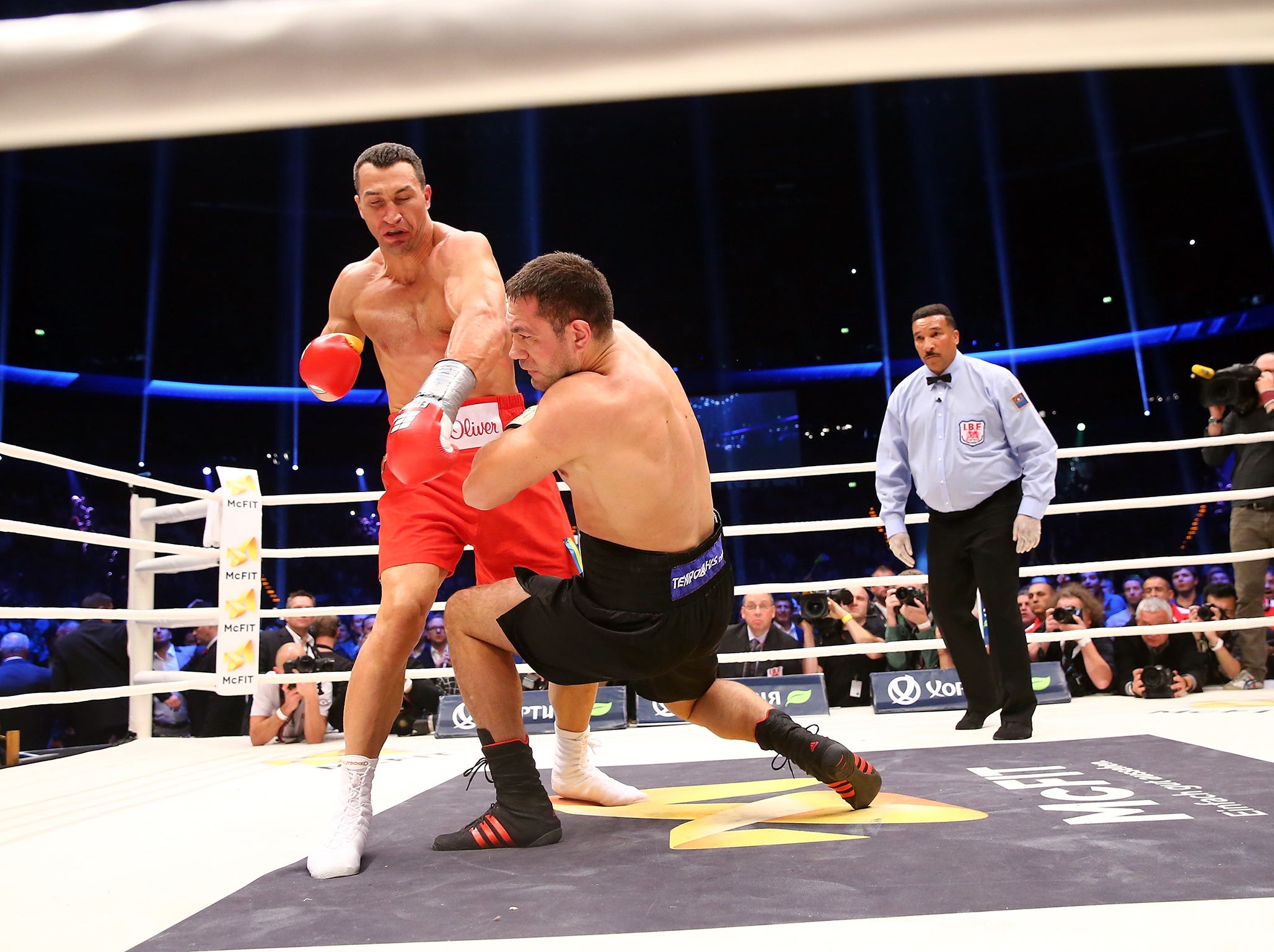
Luis Ortiz, unbeaten and certainly the more marketable of the two, is in the dreaded ‘who needs him?’ boxing club. Talented, and a genuine threat to Joshua, the drawback of being the most avoided heavyweight fighter is that you also become one of the most invisible heavyweight fighters.
As Floyd Mayweather Jr has proven, the key to the big money in boxing is pay-per-view buys - but for the buy to fly you need more than two boxers; you need sub-plots, narrative and entertainment. For Pulev, the best narrative available is Anthony Joshua’s return. Pulev’s English is basic at best, so the smack talk and animosity that draws casual fans to the on-demand button will be lacking.
From a pure boxing point of view, the Bulgarian’s punching power lacks the venom for a man nicknamed ‘The Cobra’ – a sense of ‘could Joshua get knocked out?’ jeopardy is also lacking.
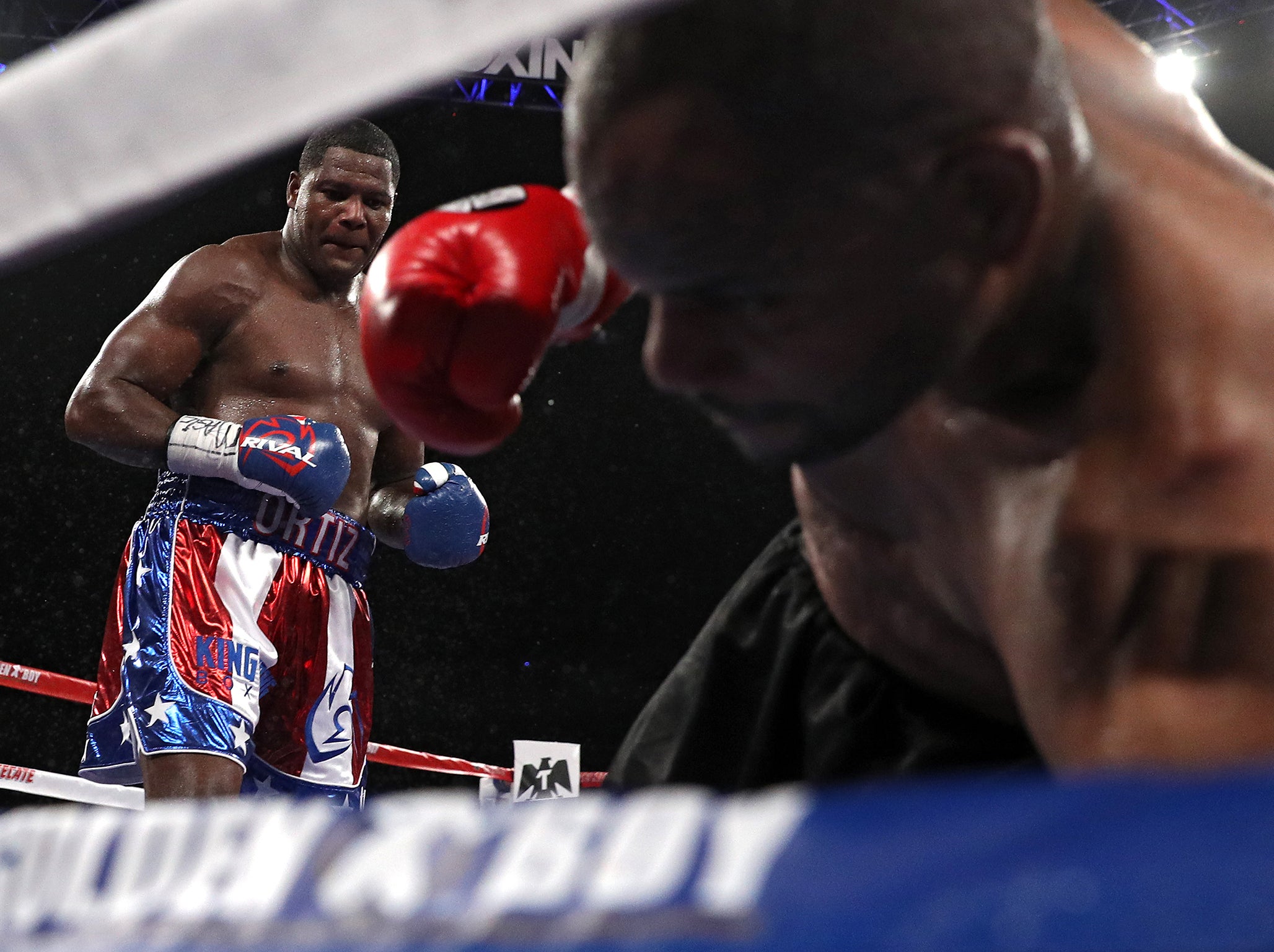
Against Ortiz, the jeopardy narrative could work. Nicknamed ‘King Kong’, Ortiz at least looks the part. Standing at 6’4 and with 23 of his 27 wins coming via knockout, the Sky marketing machine will position the southpaw as the most avoided fighter in the world, a Cuban wrecking ball, a beast truly worthy of his alias – but it will be a tough sell.
Ortiz performed badly in his last two fights against Dave Allen and Malik Scott – opponents you would expect Anthony Joshua to dispatch within a round. He will be closing in on his 40th birthday when he fights Joshua and his physique is just starting to stray into ‘Dad bod’ territory.
As for the non-boxing theatrics, Ortiz is a spiky character but again lacks fluency in English to provide the ‘beef’ that casual boxing fans love to feast on.
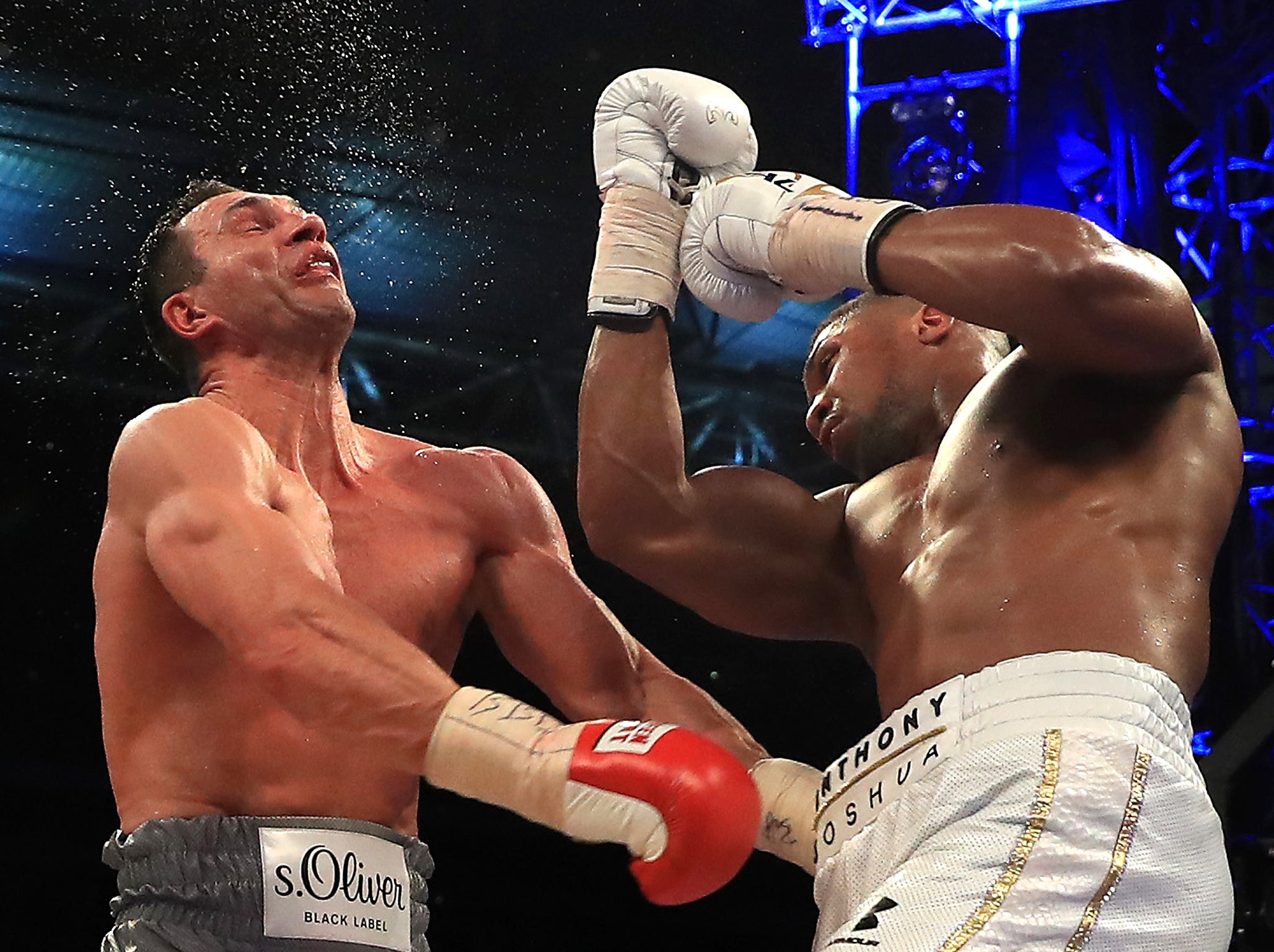
In short, Anthony Joshua’s next two fights are extremely unlikely to get anywhere near the sporting and commercial blockbuster we saw last April. Some will ask ‘so what?’ why does every fight have to be about the megabucks? Anthony Joshua’s star is hardly waning, he could fight a punchbag and command a decent audience. The answer is simple – ambition and innovation.
Sky, Eddie Hearn and Joshua himself are not the kind of institutions or characters to rest on their laurels. When discussing venues for Joshua’s next fight, the focus has been locked on the logistical considerations. Pulev or Ortiz would not fill Wembley, Joshua has outgrown the 02 and Manchester Arenas and neither fight quite demand the ‘Vegas experience’.
But if you start looking at the venue through a marketing lens, there is a special option – Nigeria.
From a purely romantic view, the attraction of a massive fight in Africa is impossible to deny. On an individual level, Anthony Joshua is very proud of his Nigerian roots. He has the continent and country tattooed on his bicep and his professed love for pounded yam and egusi soup has been well-publicised.
What is less well-known is that ‘AJ’ entertained the idea of boxing for Team Nigeria at the Beijing 2008 games after being left out by Team GB. It didn’t work out, but even with gold around his neck in London, his bond with his mother ensures that Nigeria is very much in his heart.
For boxing as a whole, Africa remains host to the most famous boxing match of all time. Though Don King’s ‘OPM’ approach (Other People’s Money) to making the fight was likely riddled with corruption and more backhanders than a five-setter at SW19, the result was arguably the greatest sporting event of the 20th century.
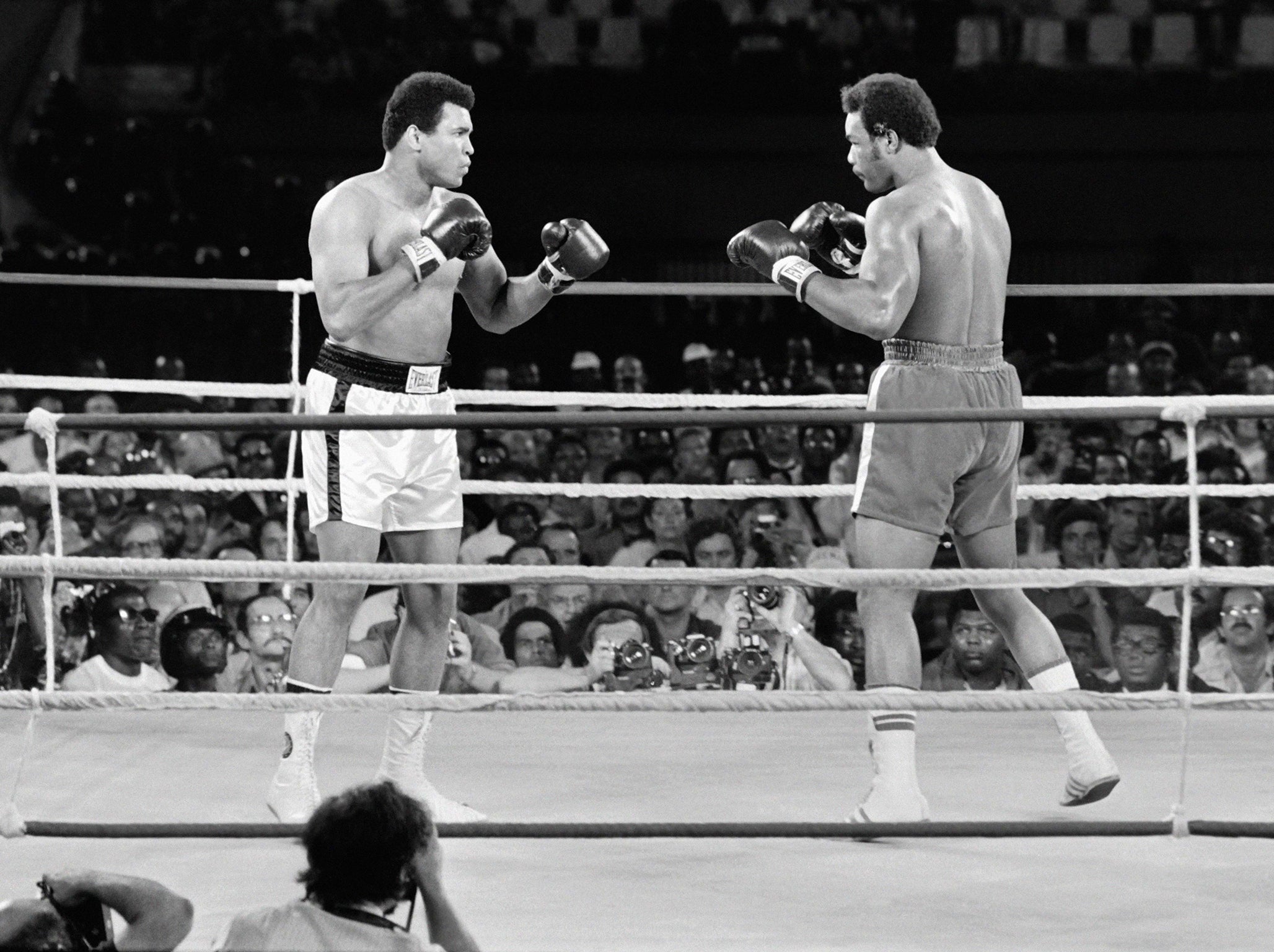
Granted, ‘The Rumble in The Jungle’ in Zaire (now Congo) took place in an era where the PPV market barely existed as a source of funds, but the cultural impact and intrigue is mouth-watering. There is something a little bit magical, potentially era-defining, about a heavyweight world championship fight in Africa.
Back to that all-important narrative, entertainment and sub-plot required for the ‘mega fights’, you can see the Sky Sports packages now. Special features on Joshua’s heritage, endless comparisons with the Ali-Foreman fight and that’s before the cameras have even flown into Nigeria and as Sir David Attenborough will attest, Africa lends itself beautifully to film.
Sky and Eddie Hearn talk masterfully about ‘the product’ - this would be a product that would be aesthetically and commercially gorgeous and what’s more, there’s no time difference between Nigeria and the UK – normal fight times.
As for AJ’s commercial sponsors, they too could find value. You could envisage a special edition of Lynx Africa to commemorate the fight, dangerously cool content from Beats by Dre and something iconic from Lucozade Sport. Under Armour, AJ’s official training and apparel partner, already have an impressive ‘Zaire 74’ range in collaboration with Muhammad Ali, a Joshua-inspired update would surely beckon.
Sadly, romanticism and marketability are nothing without sound logistics and in this instance, they are seemingly as intimidating as a prime Mike Tyson. Could Nigeria, a country struggling to hold itself together and stereotyped as being a global leader of corruption, ever convince the power-brokers of its viability as a ‘host’?
The answer, according to Nigerian sports sponsorship expert Abimbola Ilo, MD of Integral Nigeria, is a resounding ‘yes’ and for a multitude of reasons.
“Make no mistake, Anthony Joshua is a big star here. After his win against Klitschko, Anthony Joshua trended on Twitter for over three days and he received countless congratulatory messages from senior government officials – including an invitation to Aso Rock to meet the President. In Ogun State, where Joshua’s family originated from, there has even been talk of renaming a stadium in his honour.”
“The sporting infrastructure is on an upward curve anyway, but the prospect of an Anthony Joshua fight would be an incredible catalyst for development – not least because I sense the Federal Government would be very supportive to get the fight made in Nigeria and would package it as a thoroughfare of Nigerian entertainment as a whole. Security would be paid for and Lagos’ event record is amongst the best in Africa.”
“Finally, it’s worth remembering that Nigeria is the world’s 20th biggest economy. You would expect the stadium to be full and though we might not have the capacity of Wembley, there is wealth. Be it VIP ringside packages or comparative ‘nosebleed seats’, the special nature of the event would serve an aggressively expensive ticketing structure – one that could exceed a huge night of boxing hosted in the UK.”
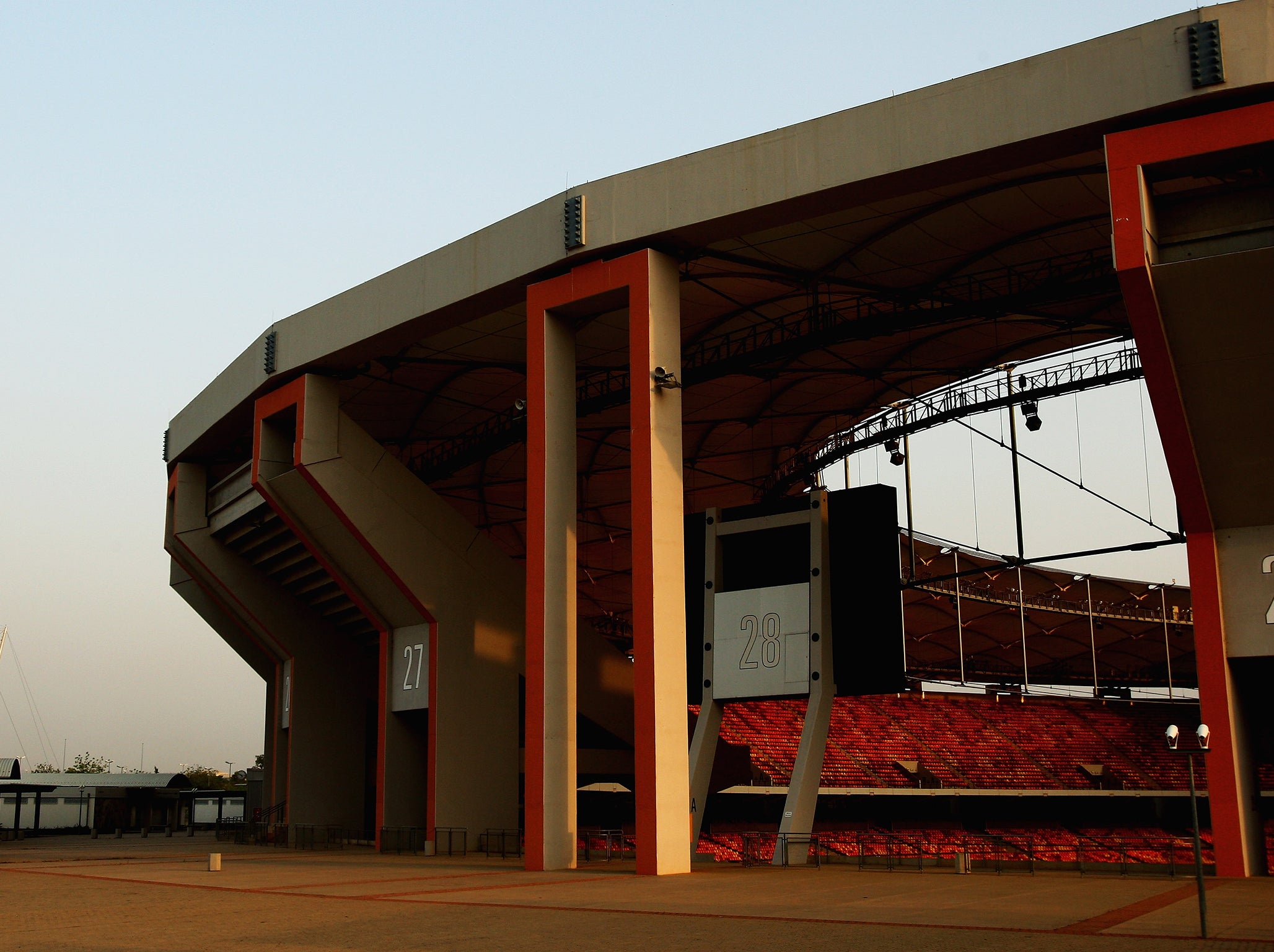
Nigeria’s apparent capability and appetite is one thing, but as a recent combat circus will attest – it’s money that does the talking. With or without subsidies, the level of investment and time required will likely outweigh the ‘safe options’ and in the immediate, Cardiff’s Principality Stadium has beaten Nigeria to the punch on AJ’s return. However, for the second mandatory, Lagos could enter the ring – as long as projected revenues outweigh the risk.
So, would the casual fan pay to see ‘Throwing Hands in The Sands’, a ‘Lickin’ in Lagos’, or a ‘Knockout in Nigeria’? I suspect, for all the reasons above and if it could be made, the biggest fight of all could be finding a sofa, bar or stadium seat to watch it.
Greg Double is an Account Director and sports PR expert at Synergy Global
Join our commenting forum
Join thought-provoking conversations, follow other Independent readers and see their replies
Comments